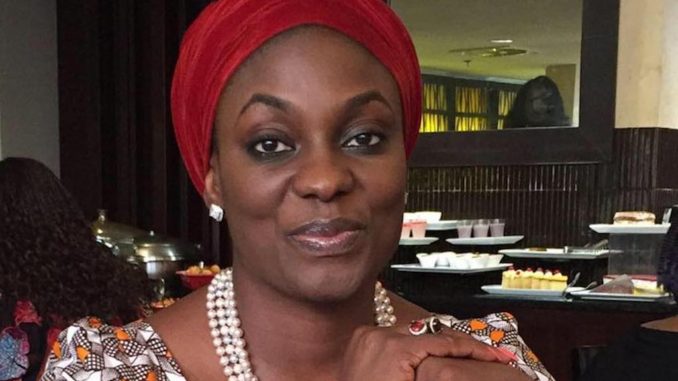
Perhaps the same way we pay attention to diversity and inclusion, we should pay attention to the models that we use. More and more we see global brands using “black” and “white” models. Perhaps our local brands should do the same? Paying attention to the optics and messaging of the adverts they churn out. It would make sense to use dark skinned models too.
I still remember till this day, how, when I was barely 7 years old, an uncle told me that were it not for the fact that I was so much darker than my sister, I would have been more beautiful. I took that to mean that light skinned girls were more beautiful. Unfortunately, he wasn’t alone in this conceit. In those days, aside from Joy soap and Satin Sheen advertisements, most of the beauty products we saw on TV screens used lighter skinned women as models. Beauty pageants preferred to parade light skinned girls as contestants. The winners were often very light skinned.
Back in secondary school, I also recall a fight between two girls. At a point, the lighter skinned one yelled “You black piece of sh*t” to the other girl and there was thunderous laughter. Ouch! In my sub-conscious, I knew that Nigerians felt that it was best to be “yellow” and not “black”. Now, I do not know where this complex came from. I have always suspected, though, that it is a fallout from both slave trade and colonialism. But I still could not understand how an African looked down on her fellow African just because he or she was a darker shade.
Unfortunately, some associate being dark or black with filth and evil. The reason from this is not farfetched. Sadly, some religious leaders and prophets, in describing evil, use images of black cats, black dogs, black women and men. Why can’t the evil witch be a white woman or a light skinned woman? Why can’t the wizard or witch doctor be a light skinned man? Why must he or she wear black clothes or have black marks?
Whilst I lived in the U.K. and whenever I travelled to the U.S., ladies over there would stop me and compliment my skin. The African Americans would actually ask me what products I use, because they felt my skin was dark, smooth and silky. But in the midst of my Nigerian folks, some would advise me to “use a little cream naa! Just tone it up a bit. I am telling you, you would be so beautiful”.
Until Lupita Nyongo achieved international fame, I don’t think we were willing to consider very dark girls as beautiful girls. It is instructive to note that she found fame outside Africa. Why do we constantly look to the West to legitimise our values?
I never thought of bleaching my skin until I was in my late twenties. There was this new cream then. How did I find out about it? We were at a gathering and friends were talking about the cream and how it was very good, because it made the skin smooth and beautiful. So I bought it. Two weeks later I looked at myself in the mirror and didn’t recognise myself. I was someone else. My dark skin stood me out, so why did I want to take this away? I stopped using it from that day.
Today, I see girls as young as 14 bleaching their skin and I wonder why we are not paying particular attention to this. Bleaching causes skin cancer!
Perhaps we all have a responsibility in this regard? Perhaps the same way we pay attention to diversity and inclusion, we should pay attention to the models that we use. More and more we see global brands using “black” and “white” models. Perhaps our local brands should do the same? Paying attention to the optics and messaging of the adverts they churn out. It would make sense to use dark skinned models too. Let’s ask them to create a balance. Until Lupita Nyongo achieved international fame, I don’t think we were willing to consider very dark girls as beautiful girls. It is instructive to note that she found fame outside Africa. Why do we constantly look to the West to legitimise our values?
It is not an accident that dark skinned people exist. God in his wisdom created humans in different colours and forms. We all matter. No matter the colour of your skin, light or dark, human beings are beautiful and we must see the beauty in each of us.
We need to educate our children and teens. The entire point of our melanin-infused skin is to protect us from the ultra-violet rays that the sun produces more in the tropics than it does in the West. It is the same reason why our hair is dark and shaggy and not light and fluffy.
More worrisome now is the fact that we have men bleaching too. What notions of “handsome” could be behind this?
It is not an accident that dark skinned people exist. God in his wisdom created humans in different colours and forms. We all matter. No matter the colour of your skin, light or dark, human beings are beautiful and we must see the beauty in each of us.
‘Lande Omo Oba is a lawyer and everyday girl.
END

Be the first to comment